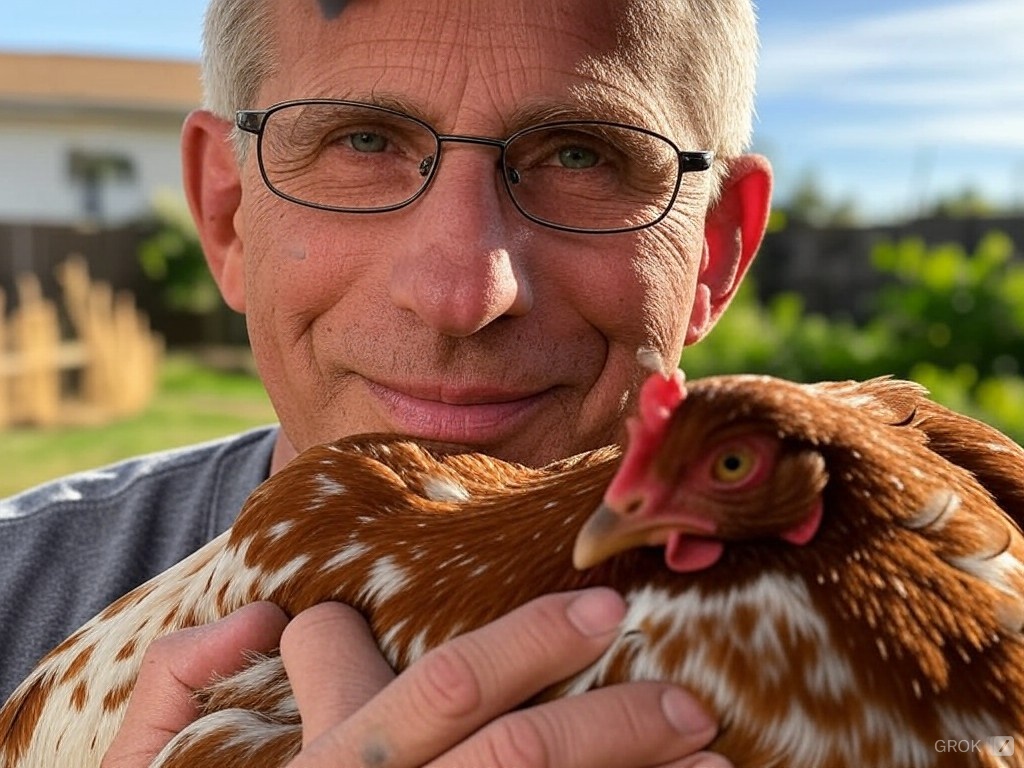Dr. Anthony Fauci, the nation’s former top infectious disease expert, is urging vigilance over the H5N1 avian influenza virus, emphasizing the potential risk of mutations that could enable human-to-human transmission. In recent remarks, Fauci described the current risk as low but warned of the possibility of the virus evolving into a more dangerous strain.
“The somewhat encouraging news is that the H5N1 that’s infected humans now has not generally caused serious illness,” Fauci said. Most cases have resulted in mild symptoms like conjunctivitis, with only one instance of severe disease requiring intensive care. However, he added, “The sobering news is that that can change.”
Fauci highlighted the danger of “reassortment,” a process in which the virus mixes genetic material with human viruses in animals like pigs, which he called “mixing bowl species.” Such a mutation could produce a strain with both the virulence of H5N1 and the transmissibility of a human influenza virus, raising the specter of a new pandemic threat.
Public health officials are closely monitoring the spread of H5N1 among multiple species, including chickens, pigs, and cows, where such reassortment is more likely to occur. Fauci stressed the need for robust testing to track the virus’s circulation and better understand its risks.
“We should be doing more widespread serosurveillance testing for the extent of the infection,” Fauci said, drawing parallels to the early days of COVID-19 when limited testing hampered efforts to understand the virus’s spread. “If you don’t know the extent of the spread, you’re really swimming blindly.”
While current human infections are rare and the risk remains low, Fauci’s remarks underline the importance of early detection and monitoring to prevent the next global health crisis.

